When it comes to baking and cooking, the type of flour you choose can make a big difference in the taste, texture, and nutritional value of your finished product. In this guide, I'll explain the differences between oat flour and wheat flour, covering nutrition, baking properties and tips.
Jump to:
Nutrition
First, let's go over how oat flour compares with wheat flour in terms of nutritional info. For completeness, I am comparing a 30 gram serving (approximately ¼ cup) of oat flour with the same amount of both all purpose flour (AKA white flour) as well as whole wheat flour.
Calories: All three are the same at 110 calories per serving.
Fat: Oat flour contains 2 grams of fat per serving while white flour contains 0.5 gram and whole wheat contains 1 gram.
Carbohydrates: Oat flour contains 20 grams of carbs, white flour contains 21 grams and whole wheat flour contains 22 grams.
Fiber: Oat flour and whole wheat flour both contain 3 grams whereas white flour contains just 1 gram.
Protein: All three contain 4 grams of protein per serving.
Minerals: Oat and whole wheat flour contain about the same amount of potassium whereas white flour contains about a quarter of the amount. All three contain similar amounts of iron.
Gluten: Oats are naturally gluten free whereas wheat contains gluten.
Conclusion: Oat flour and whole wheat flour are overall similar in nutrition whereas white flour contains less fiber and minerals per serving.
When using certified gluten free oat flour, oat flour is safe for most individuals with celiac or a gluten intolerance whereas wheat flour is not.
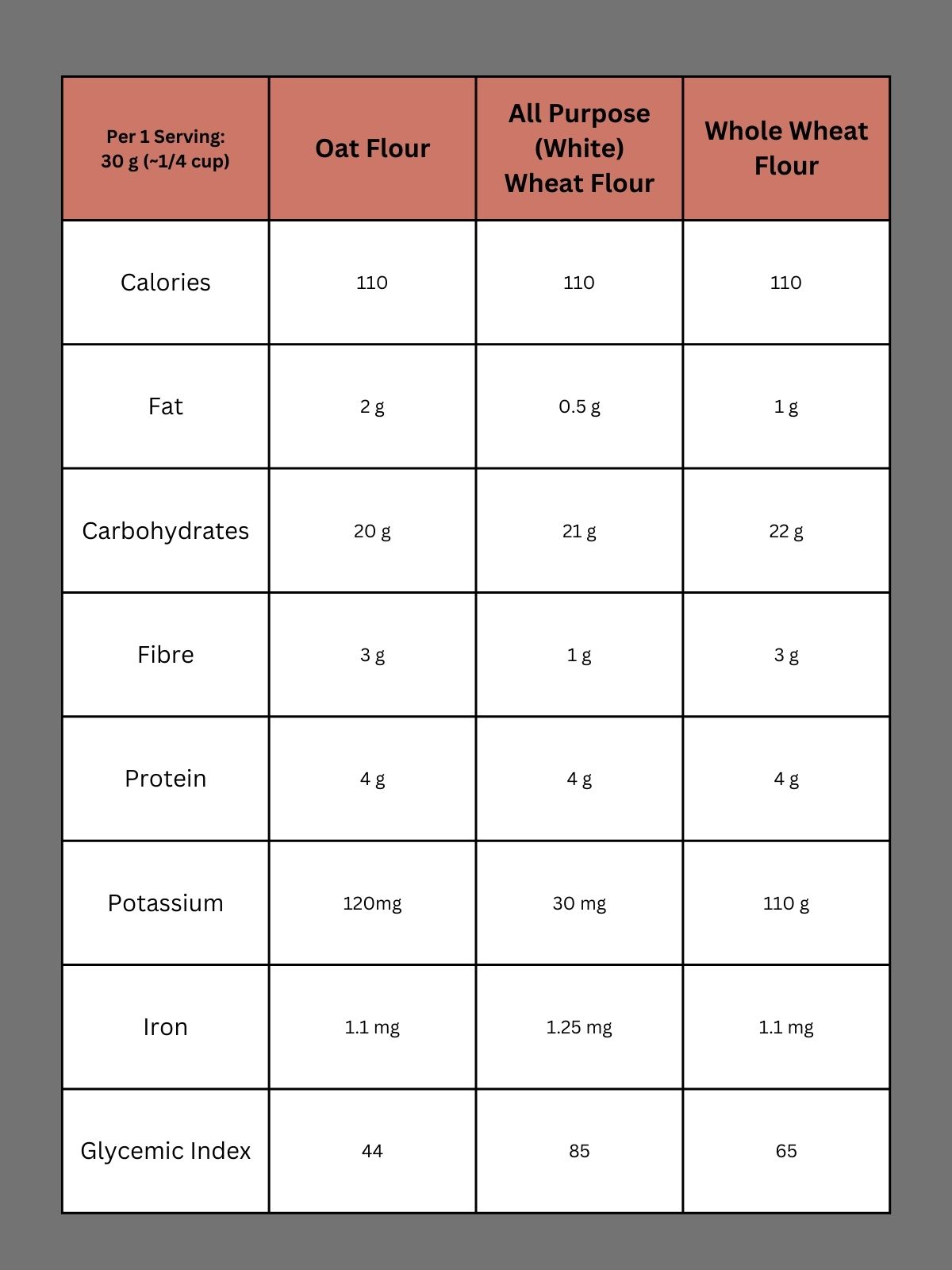
Sources: Robin Hood, King Arthur Baking, Quaker, Glycemic Index Guide and Type 2 Diabetes.
Properties and Effect on Final Product
- Water Absorption: Oat flour absorbs more water than wheat flour, resulting in a denser consistency and texture.
- Elasticity and Binding: Wheat flour's gluten content provides elasticity and structure in baked goods, whereas oat flour lacks gluten and may require additional binding agent. It also typically will turn out a bit crumblier.
- Leavening: Gluten in wheat flour contributes to the rise and volume of baked goods, while will oat flour yield denser textures because of the absence of gluten.
- Texture: Baked goods made with wheat flour tend to have a softer, more elastic crumb, while those made with oat flour may be denser and heartier with the potential to turn out gummy if under-baked.
In summary, oat flour recipes tend to be a bit more crumbly and denser than wheat flour recipes.
Best Recipes to Sub Oat Flour for Wheat Flour
If you're thinking about experimenting with oat flour (or vice versa), I recommend starting with recipes that are more forgiving and don't depend as much on gluten for structure such as:
- Muffins
- Pancakes
- Cookies
- Crisps and Crumbles
- Sauces (as a thickener)
Worst Recipes to Sub Oat Flour
The following types of recipes are more finnicky and will require multiple adjustments to use oat flour vs wheat flour.
- Yeasted Breads
- Pastries (such as croissants)
- Delicate cakes (like angel food cake)
- Pies with delicate crusts (such as flaky pie crusts)
- Recipes that require a high rise (like soufflés)

Storage
The shelf life for both oat flour and wheat flour is similar. Both should be stored in a sealed container in a cool, dry place.
So Which is Better?
Well, it depends. When choosing between oat flour and wheat flour you will have to weigh your specific dietary needs and the desired outcome of your recipe.
- Oat Flour: If you're looking for a gluten-free option or want to incorporate more fiber and nutrients into your baking, oat flour is great. However, keep in mind that oat flour can produce denser baked goods and be a bit crumblier.
- Wheat Flour: On the other hand, wheat flour provides more structure and elasticity to baked goods and is ideal for recipes that require a rise, such as bread and cakes. It offers a traditional taste and texture so if you are aiming for a lighter, fluffier result, and don't need a gluten free recipe, wheat flour may be the better choice.
Ultimately, the best flour for your recipe depends on your dietary preferences, taste preferences, and the desired texture of your final product.
I hope that this helped answer some of your questions about oat flour vs wheat flour! If there is anything else you are wondering that I can help with, please let me know in the comments! And be sure to check out these other posts for more info.

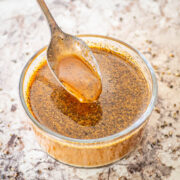



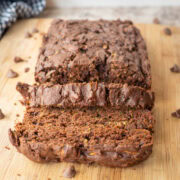

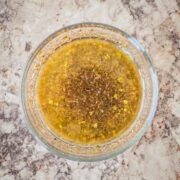


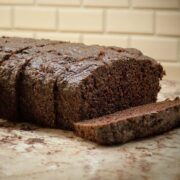
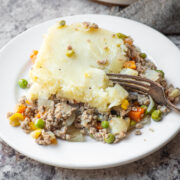
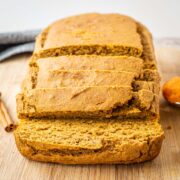
Comments
No Comments